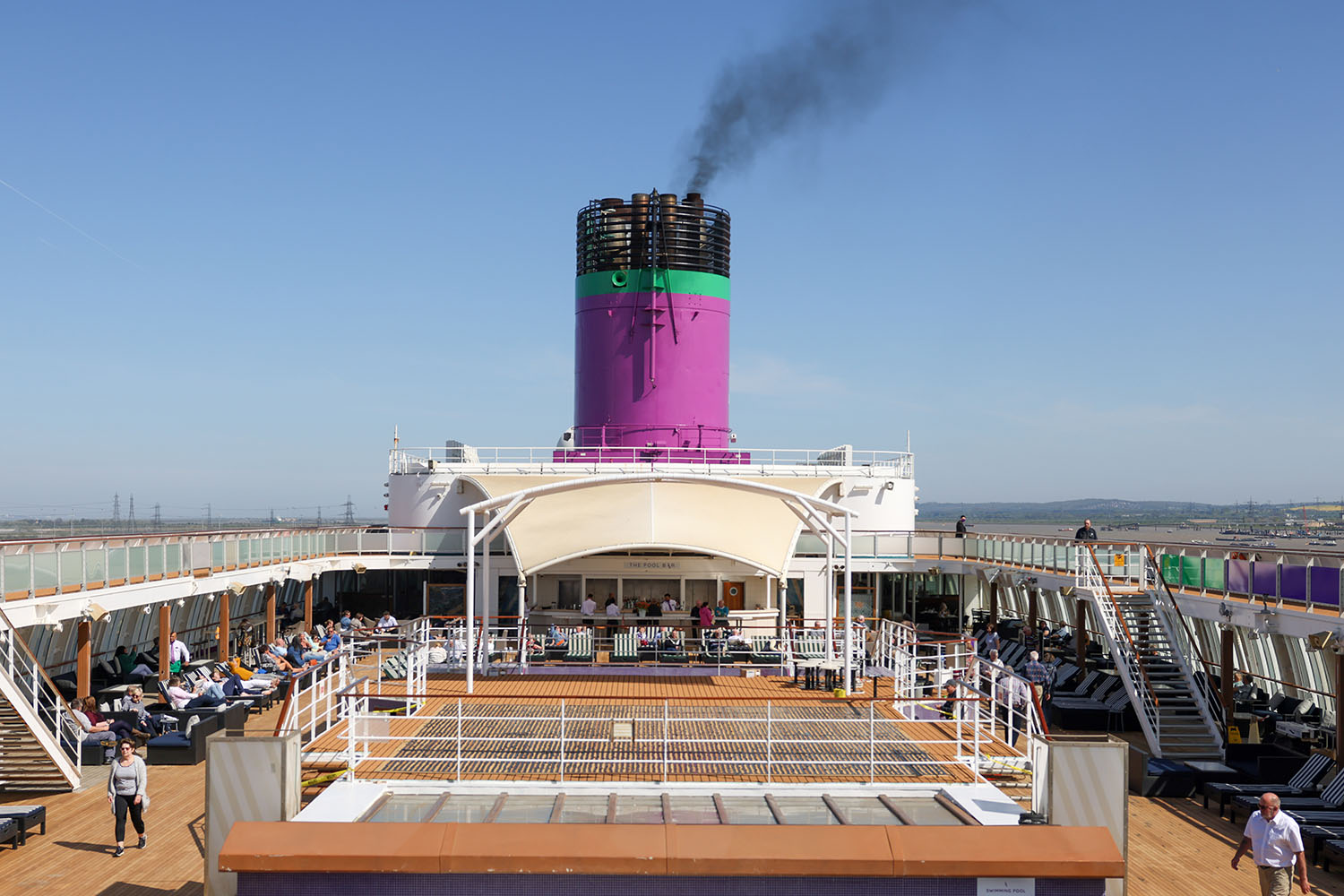
Trump's suspension from Meta platforms expires this Saturday. The company must rule on whether to extend or lift the suspension. Here's why that decision is so important.
Long stories short
- Apple’s market value fell below $2 trillion amid investor fears over China.
- Tesla shares tumbled on the first day of trading in 2023 after new vehicle deliveries fell short of expectations.
- Google and Meta lost their dominance of the US digital ad market for the first time since 2014.
Two years after kicking President Donald Trump off Facebook and Instagram, Meta must now decide whether to let him back on. It could prove the most divisive call in the company’s history.
Trump was suspended from Meta’s platforms on 7 January 2021 after he used Facebook to post support for a violent mob which stormed the US capitol the day before. He was initially banned “indefinitely” but the sentence was later reduced to two-years.
That ban expires this Saturday. Now Sir Nick Clegg, Meta’s president of global affairs, must rule on whether to extend the restriction or to lift the suspension entirely.
Here’s why his decision matters:
Politics. Trump has 34 million followers on Facebook and 23 million on Instagram. But these are the headline numbers. More important to the former president are Meta’s microtargeting tools, which allow the tailoring of political messages to particular voter groups. In the 2016 and 2020 US Presidential campaigns, Trump spent millions of dollars on Facebook ads doing exactly this. As Brad Parscale, Trump’s digital director, said in 2017: “Twitter is how Trump talked to the people. Facebook was going to be how he won.”
Free Speech. Trump’s Facebook reinstatement would reinforce a broader shift in how big tech treats controversial public figures. In November, Elon Musk reactivated Trump on Twitter, calling his ban “flat-out stupid” and “morally bad”. A month before, Clegg hinted that he might be sympathetic to similar arguments. “Regardless of one’s personal views about Donald Trump,” the former UK deputy PM told a conference, “any private company… should tread with great thoughtfulness when seeking to, basically, silence political voices.”
Advertising. A recent study found that 350 posts from Trump’s Truth Social account risked violating Facebook’s policies, with more than 100 promoting QAnon messaging. If Trump starts posting similar messages on Facebook at least some of Meta’s advertisers will jump ship, potentially affecting its $118 billion ad business. In Twitter’s case, about half its top 100 advertisers left after Musk took over, showing how important brand-safety concerns can be.
What next? Meta has set up a working group led by Clegg to decide Trump’s fate. Clegg is overseeing the process because Mark Zuckerberg, the Meta chief, is focused on product – although as CEO and controlling shareholder, he could still make the final decision.
The main question the group will seek to answer is: does Trump still pose a “serious risk to public safety”?
“What they do with Trump is indicative of where their thinking is more generally,” said Imran Ahmed, founder of the Center for Countering Digital Hate. “Do you know who wants him to be put back on? Elon Musk and the head of TikTok. They want their competitor to be in the firing line.”
One thing that’s unclear is how much Trump’s recent status as a current political candidate will affect Meta’s calculations.
Under Facebook’s rules, current political candidates are treated differently (they are not subject to fact checks, for instance). Since his announcement two months ago that he would run for president in 2024, Trump has put himself squarely in that protected category.
Steven Levy, author of Facebook: The Inside Story, said he didn’t know which way the decision would go. “[Meta] have to be encouraged that even though Trump is allowed back on Twitter, the former president hasn’t actually [posted], perhaps because of a financial arrangement with Truth Social.”
Levy was referring to a licensing agreement with Trump’s own social media company that requires him to wait at least six hours before reposting material anywhere else. But the clause has an interesting exemption. Any “political messaging, political fundraising or get-out-the-vote efforts” can be made on any social media site at any time.
If Trump is allowed back on Facebook he might see that as too good an opportunity to miss.









